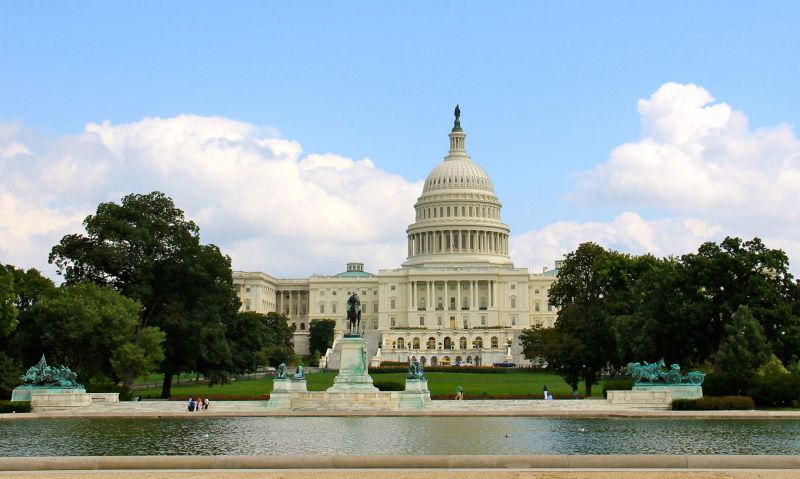
The Sergeant First Class Heath Robinson Honoring Our PACT Act will impact millions of veterans suffering illnesses brought on by toxic exposures.
The U.S. Senate made history June 16, ensuring millions of veterans exposed to noxious fumes emanating from burn pits will have access to Department of Veterans Affairs (VA) care and benefits. The bill was approved by an 84-14 vote.
The Sergeant First Class Heath Robinson Honoring Our PACT Act (PACT Act) addresses the full spectrum of issues affecting toxic-exposed veterans’ access to VA benefits and care, while also reforming VA’s presumptive decision-making process.
The sweeping legislation provides a comprehensive framework to improve the presumptive process for burn pit veterans by streamlining access to health-care benefits for those who served in areas of known toxic exposure — regardless of disability status — and provides health care for as many as 3.5 million veterans exposed to airborne hazards and burn pits.
American Legion National Commander Paul E. Dillard hailed the Senate and the 117th Congress for passing the PACT Act, calling the legislation a “historic bipartisan achievement.”
“Today, the U.S. Senate has saved lives and truly delivered for veterans,” Dillard said. “By passing the Sergeant First Class Heath Robinson Honoring Our PACT Act, the 117th Congress has put substance behind the phrase, ‘Thank you for your service.’
“The American Legion is grateful for the service of millions of veterans who were exposed to burn pits, atomic radiation, Agent Orange and other environmental poisons. Thanks to the U.S. Congress, these men and women will be able to receive the care and benefits they have earned. The PACT Act is an historic bipartisan achievement. The American Legion thanks not only those who voted for this legislation but the thousands of Legionnaires and advocates who worked to make this happen. We look forward to President Biden signing the Honoring Our PACT Act into law.”
Toxic smoke and fumes from burn pits in Iraq and Afghanistan included medical and human waste, jet fuel, chemicals, metal, munitions and unexploded ordnance, petroleum and lubricant products, plastics, Styrofoam and more.
- Veterans Healthcare

